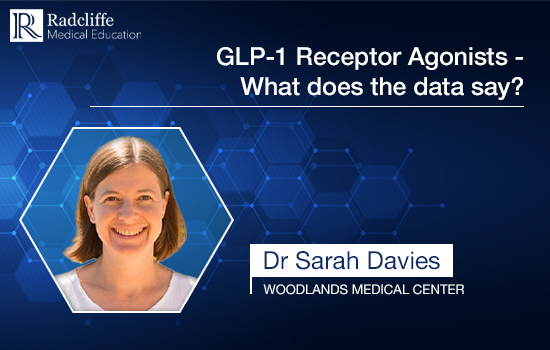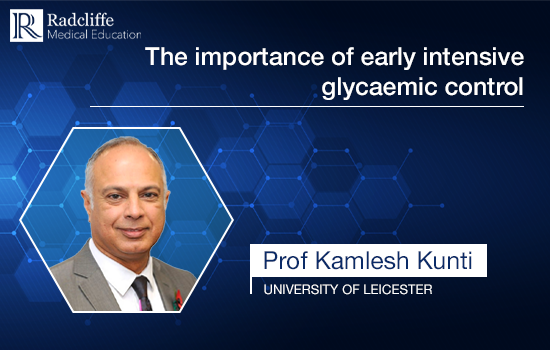Pathophysiology
(2 contents)

Pathophysiology
Diabetes Pathophysiology
EN, ES, DE, FR
Clinical inertia
(2 contents)

Clinical inertia
Therapeutic inertia in T2DM
EN, ES, DE, FR
Incretin-based glycaemic control
(4 contents)

Incretin-based drugs
The use of GLP-1 RAs in T2DM
EN, ES, DE, FR

Incretin-based drugs
Incretin-based drugs: What does the data say?
EN, ES, DE, FR

Incretin-based drugs
Incretin-based drugs: Mode of action/delivery & dosing schedule
EN, ES, DE, FR
Beyond glycaemic control
(2 contents)

Beyond Glycaemic Control
Cardiovascular benefits
EN, ES, FR, DE















